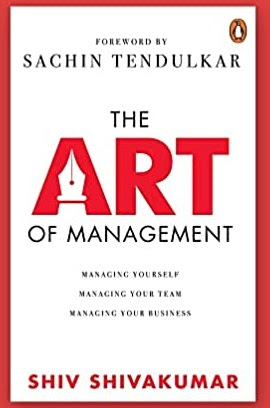Being Focused

What is meant by FOCUS?
Focus means directing our thoughts, energy, and time into something. It is beyond the ordinary meaning of concentration in a single activity.
From an execution capability development of point of view, focus means knowing the priority and pursuing it till the end without distraction.
The priority can be achieving the task or business goal, strengthening relationships with stakeholders, building a foundation or stability, etc.
Most of us need clarity on WHAT to focus on and HOW to remain focused in any endeavor.
Focus is one of the leadership skills which can be acquired through awareness and practice.
Why is FOCUS required for anyone?
- When we don't focus on the result, we quickly get distracted with activities and end up managing activities or being busy rather than getting things done.
- When we do not intend to complete the task or achieve some goal, how can we expect our colleagues, peers, and junior colleagues to stick to our plan? People follow a leader who is focused on the end objective.
FOCUS differentiates between dreamers and achievers in any profession.
Staying focused is essential, but it is not easy for everyone to remain focused as numerous distractions and opportunities will derail.Effective executives always begin with the end in mind and remain focused till they reach the end.Hence they are quite effective in getting things done.
Let us discuss how effective people trained themselves to remain focused and the behaviors they display to others to stay focused next week.
Have a great week ahead.







